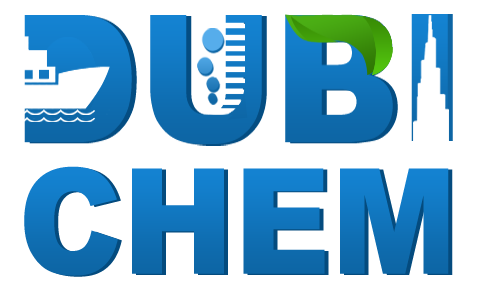Distilled water is water that has been boiled into steam and condensed back into liquid in a separate container. Impurities in the original water that do not boil below the boiling point of water remain in the original container. Thus, distilled water is one type of purified water.
History:
Drinking water has been distilled from sea water since at least about AD 200, when the process was clearly described by Alexander of Aphrodisiac.[1] Its history predates this, as a passage in Aristotle's Meteorological refers to the distillation of water.[2] Captain Israel Williams of the Friendship (1797) improvised a way to distill water, which he described in his journal.
Applications:
In chemical and biological laboratories, as well as in industry, cheaper alternatives such as deionizer water are preferred to distilled water. But if these alternatives are not pure enough, distilled water is used. If exceptionally high purity water is required, double distilled water is used.
In general, non-purified water could cause or interfere with chemical reactions as well as leave mineral deposits after boiling away. One method of removing impurities from water and other fluids is distillation.
For example, ions commonly found in tap water would drastically reduce lifespan of lead–acid batteries used in cars and trucks. These ions are not acceptable in automotive cooling systems because they corrode internal engine components and deplete typical antifreeze anti-corrosion additives.
Certain biological applications require controlled impurities, especially in experiments. For example, distilling water to be added to an aquarium would remove known and unknown non-volatile contaminates. It should be noted that living things require specific minerals; adding distilled water to an ecosystem, such as an aquarium, would reduce the concentration of these minerals. Fish and other living things that have evolved to survive in lakes and oceans should be expected to thrive at mineral ranges found in their original habitat.
Equipment to distill water:
Until World War II, distilling sea water to produce fresh water was time-consuming and expensive in fuel. The saying was: "It takes one gallon of fuel to make one gallon of fresh water." Shortly before the war, Dr. R.V. Kleinschmidt developed a compression still, which became known as the Kleinschmidt Still, for extracting fresh water from sea water or contaminated water. By compressing the steam produced by boiling water, 175 gallons of fresh water could be extracted from sea water for every gallon of fuel used. During World War II this equipment became standard on Allied ships and on trailer mounts for armies. This method was in widespread use in ships and portable water distilling units[11] during the latter half of the century. Modern vessels now use flash-type evaporators to boil sea water, heating the water to between 70-80 °C and evaporating the water in a vacuum; this is then collected as condensation before being stored.
Dubichem chemicals international is a leading supplier, manufacturer and exporter of Distilled water in Dubai, Ajman, Abu Dubai, Sharjha, Fujairah, Turkey, Saudi Arabia, Qatar, Kuwait, united Arab emirates, omen, Iraq, Singapore, Malaysia, Indonesia, Lebanon, Greece, India, Sudan, Ghana, Madagascar, Kenya, Nigeria, Zimbabwe, at Dubichem@gmail.com and for more related products visit www.dubichem.com.
